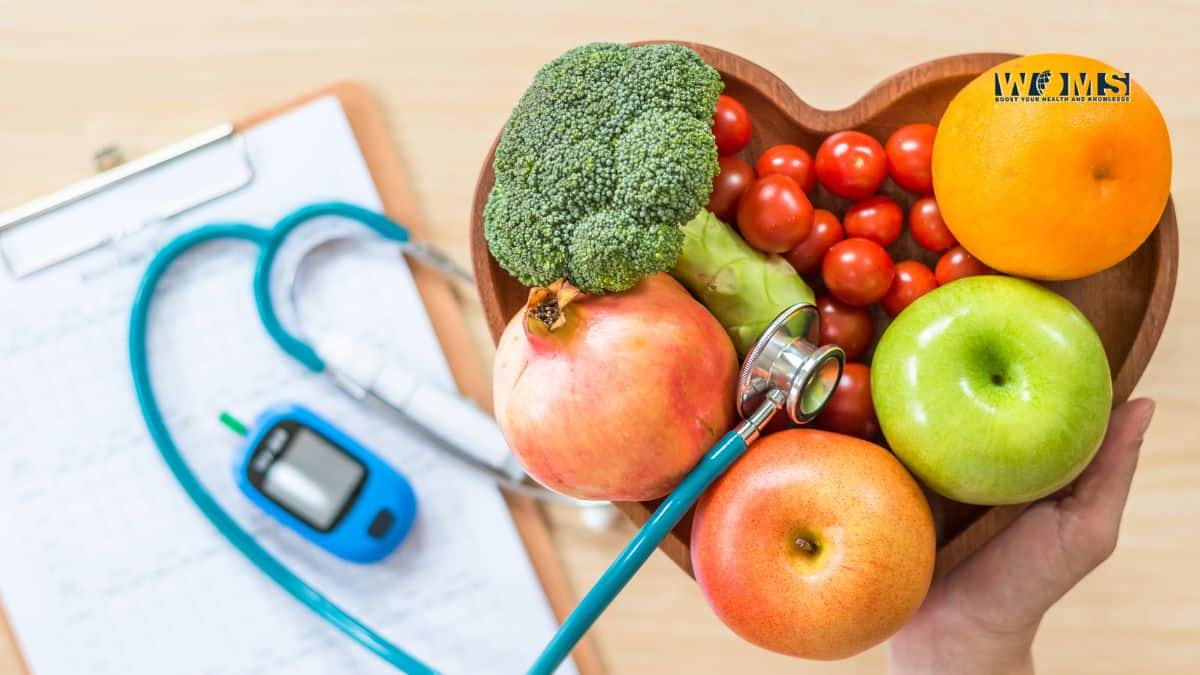7 Dos and Donts of Diabetes

There are misconceptions related to managing diabetes. But that’s all they are – misconceptions. Diabetes is not as complex or as complicated as some people would lead you to believe. Living with diabetes mainly has to do with regulating your diet and intake of foods in the proper proportions. Routine blood sugar level checks and exercise are equally important, but this wouldn’t be very effective if you eat just anything and everything out there. As someone with Type 2 Diabetes, you have to maintain a balanced diet and meal portions in whatever you eat.
Meal plans are essential, so certain food classes must be considered when planning a diabetes meal diet. Here are specific dietary guidelines you can follow when coming up with a suitable meal plan for yourself.
Dos and Donts of Diabetes in Your Diet Plan
Meal plans are essential, so certain food classes must be considered when planning a diabetes meal diet. Here are specific dietary guidelines you can follow when coming up with a suitable meal plan for yourself.
Carbohydrates
Carbohydrates are mainly converted to sugar, or more specifically glucose, in your body, which can seem counter-intuitive to consume, but a daily dose of carbohydrates is necessary to meet your body′s energy requirements.
Foods like whole-wheat bread and rotis, brown rice, and oats are good for you. You could also get more vitamins, minerals, and fiber from whole grain starches than from refined or white grains, and whole grains are not likely to cause any sudden spikes in your blood sugar.
All of this has to be in moderation, though, where portion control comes in. As much as a daily dose of carbs is good, the kind of carbs also matters as it is recommended that you avoid white bread, white rice, and deep-fried foods, these are more likely to cause rapid increases in your blood sugar.
Fruits
Fruits are essential because they are a good source of carbohydrates, fiber, minerals, and vitamins. Fruits like apples, bananas, oranges, sweet lime, apricot, papaya, etc., are perfect but, as usual, should be eaten in moderation.
Small servings of these fruits are recommended, precisely 100gms only, and should be in the midmorning when and if fasting glucose levels are less than 100mg/dl. Although fruits are good, processed fruits in fruit juices are frowned upon as these tend to have increased sugar content.
Vegetables
Vegetables are also great for you as they are sources of extra fiber and contain tiny amounts of fat or salt. Dieticians will commonly recommend you add a little lime or salt after roasting them if you′re, not the type that enjoys veggies that much.
Veggies like spinach, tomatoes, green beans, cucumbers, cauliflower, broccoli, sweet potatoes, and others are perfect for consumption. In contrast, breaded and deep-fried veggies are not ideal enough because of their extra calories and fats and should be replaced in your diet with steamed vegetables.
Proteins
With Proteins, you can choose from many plant or animal sources. The American Diabetes Association recommends that if you have to go with an animal source of protein, you trim the visible fat from them, especially when it comes to meat and poultry, and a low-fat cooking method such as roasting or boiling is advised.
Instead of red meats, you can opt for fish, rajma, soya beans, lean-cut meats, and skinless chicken. For vegetarians, beans, nuts, tofu, and others are all great sources of plant-based proteins.
Foods such as fried meats, higher-fat cuts of meat such as ribs, pork bacon, regular cheese, deep-fried fish, deep-fried tofu, and beans prepared with lards, amongst other proteins, chock filled with unhealthy fats, will raise your blood sugar levels to unsafe ranges and are also bad for your heart health.
Dairy Products
When it comes to dairy products, things can become tricky as milk and milk products are filled with extra calories and saturated fats that can raise cholesterol and LDL levels.
So it is recommended that you take primarily unflavored, low-fat milk, Dahi, and paneer as these will provide you with the necessary proteins, calcium, vitamins, and minerals.
Unfortunately, you can′t take whole milk and milk products like regular ice cream and other products like regular yogurt and regular cottage cheese because these are incredibly high in the calories and fats you are trying to avoid.
Fat and Oils
Everybody says to cut out fats and oils in your diet when you have diabetes, and this is true, but like in the case of carbs, cutting them out isn’t advisable, but fat level and quantity in your diet should be closely monitored.
Natural vegetable fats and oils like sesame seed oil, olive oil, and mustard oils are still perfect for you, and foods such as Tuna and Mackerel fish are excellent sources of Omega-3 fatty acids, which are good for your heart.
Oil and fats from animal products and plant oils are still terrible for you, especially saturated and partially hydrogenated fats.
Drinks
It can be hard to cut down on drinks, especially your favorite ones, but with that tiny bottle or cup, you could be doing some significant harm as you may be flooding your body with more calories, sugar, salt, or fat than you expected.
Now, this doesn’t mean that you can′t indulge yourself once in a while, but there are healthy options out there like unflavored water, unsweetened tea with a slice of lemon if you must, a light beer or small amounts of wine and coffee, black with low-fat milk and(or) sugar substitute.
On the other hand, Sodas are a terrible choice for you, and so are regular beers or fruity mixed drinks or dessert wines, sweetened tea, flavored coffee or coffee with sugar and cream, and chocolate drinks. These are sure to spike your blood sugar levels in no time.
All of these dos and don’ts can seem overwhelming as you start to worry about everything you eat, and this is where having a good meal planner comes in. Klinio offers the best plans at a very affordable price, and it handles the stress of picking meals out and calculating calories for you.
Conclusion:
Living with diabetes mainly has to do with regulating your diet and intake of foods in the proper proportions. There are Dos and Donts of diabetes that you should be conscious of and make diet plans and exercises accordingly.




